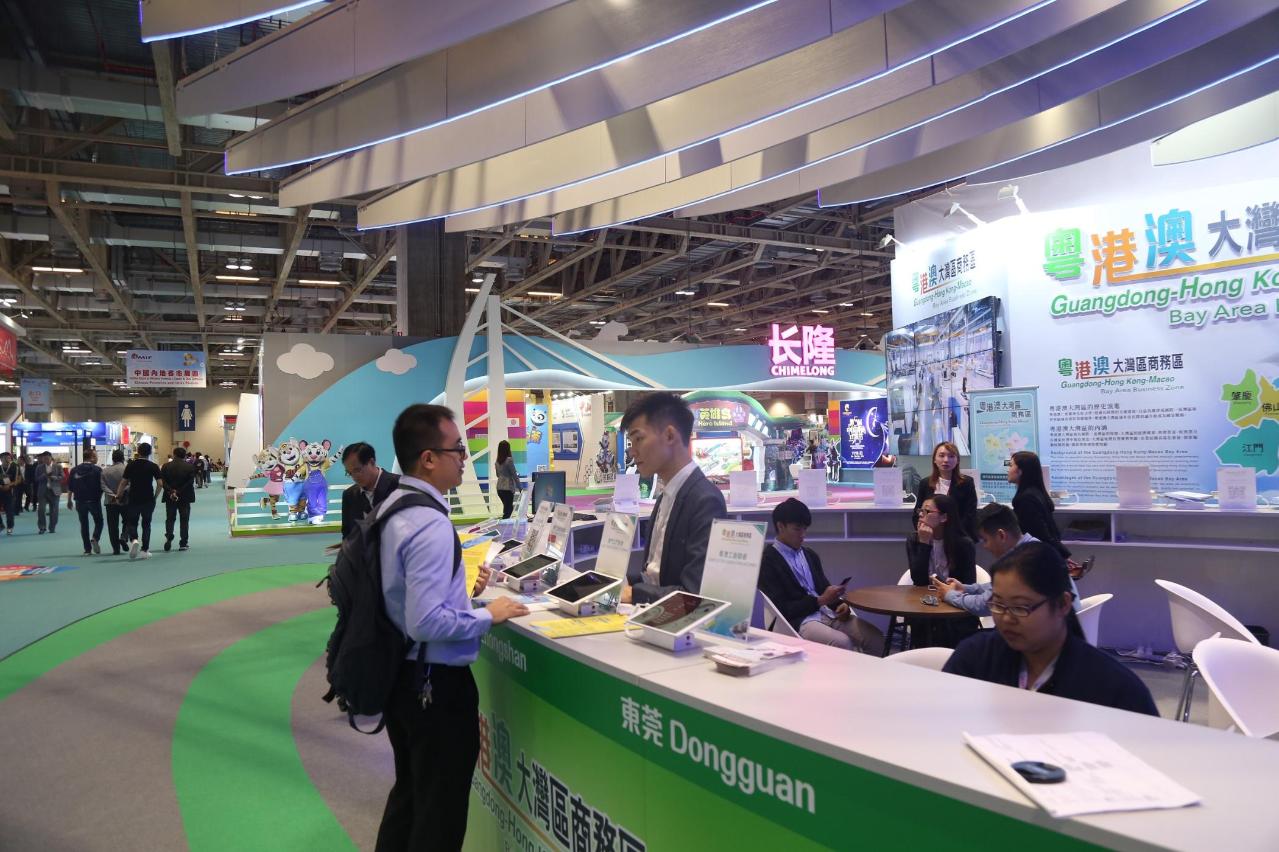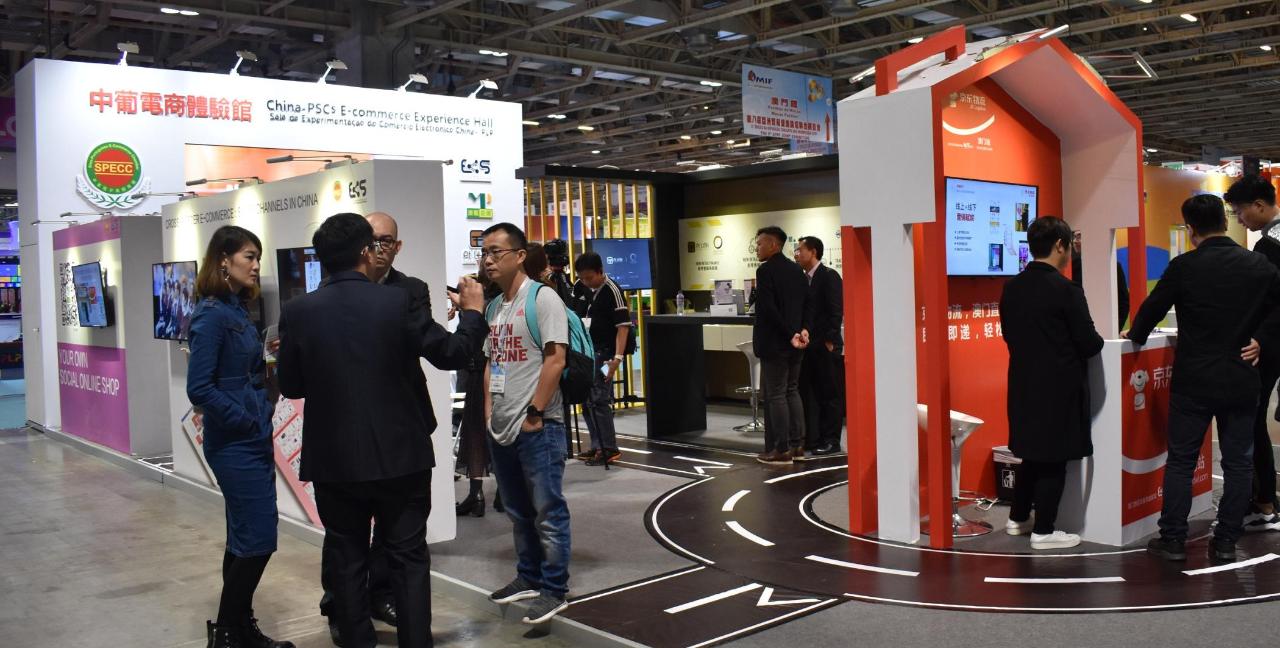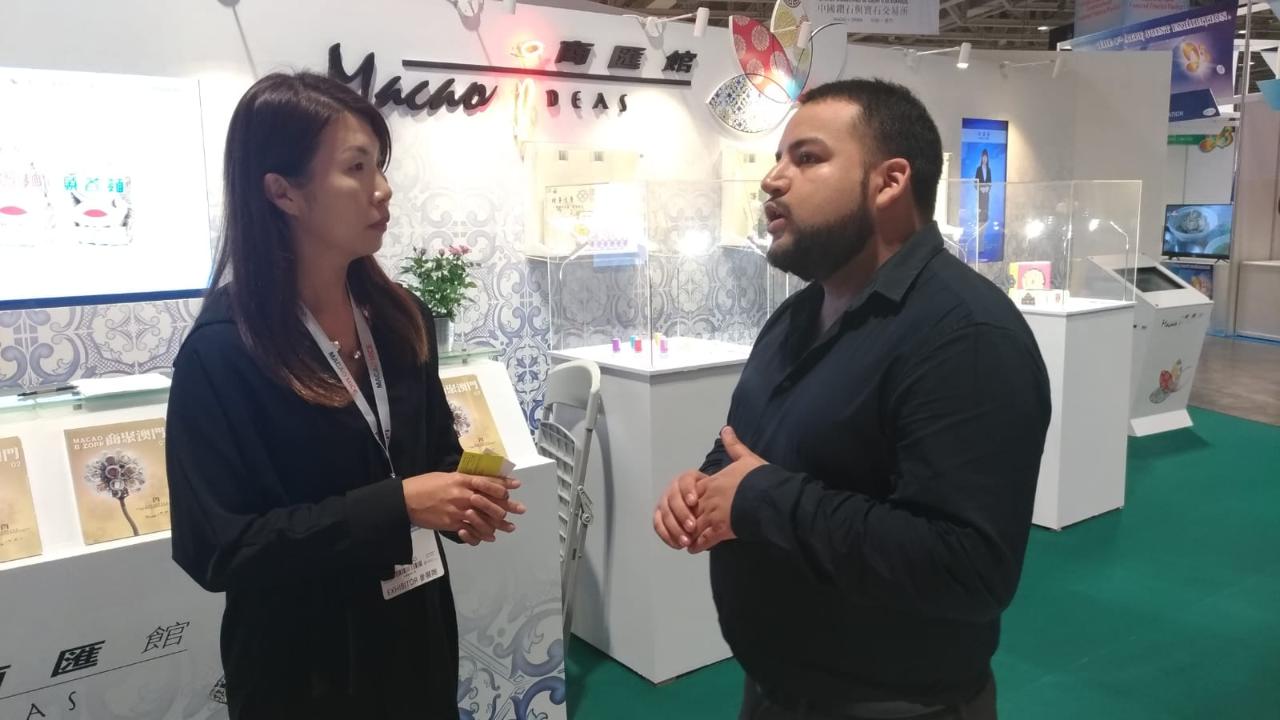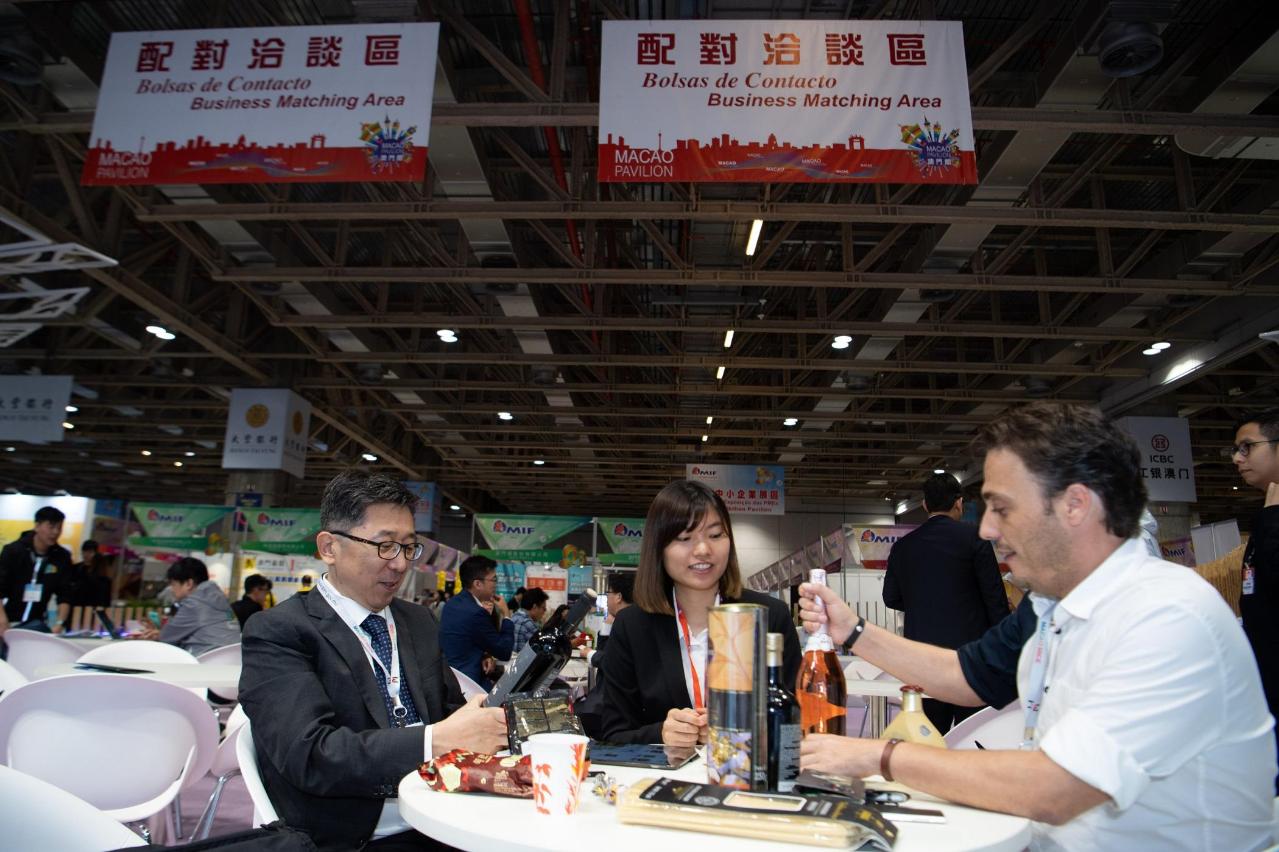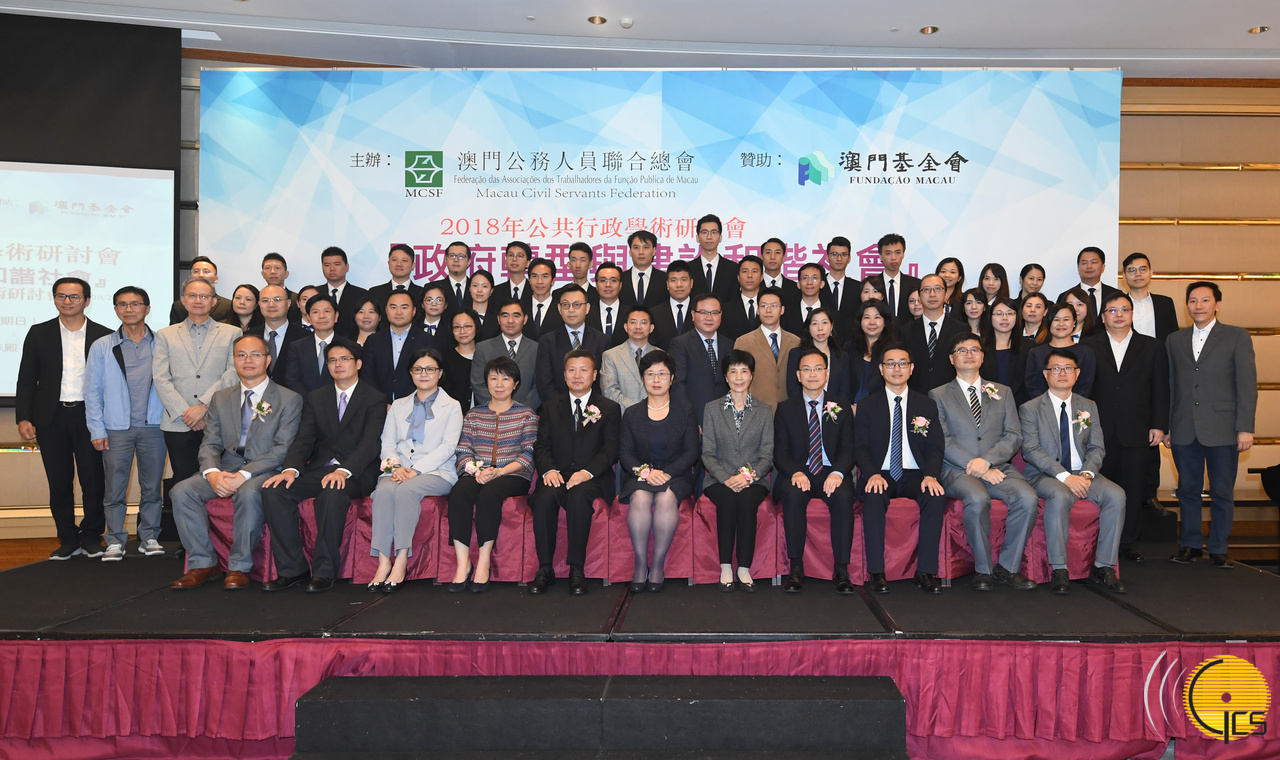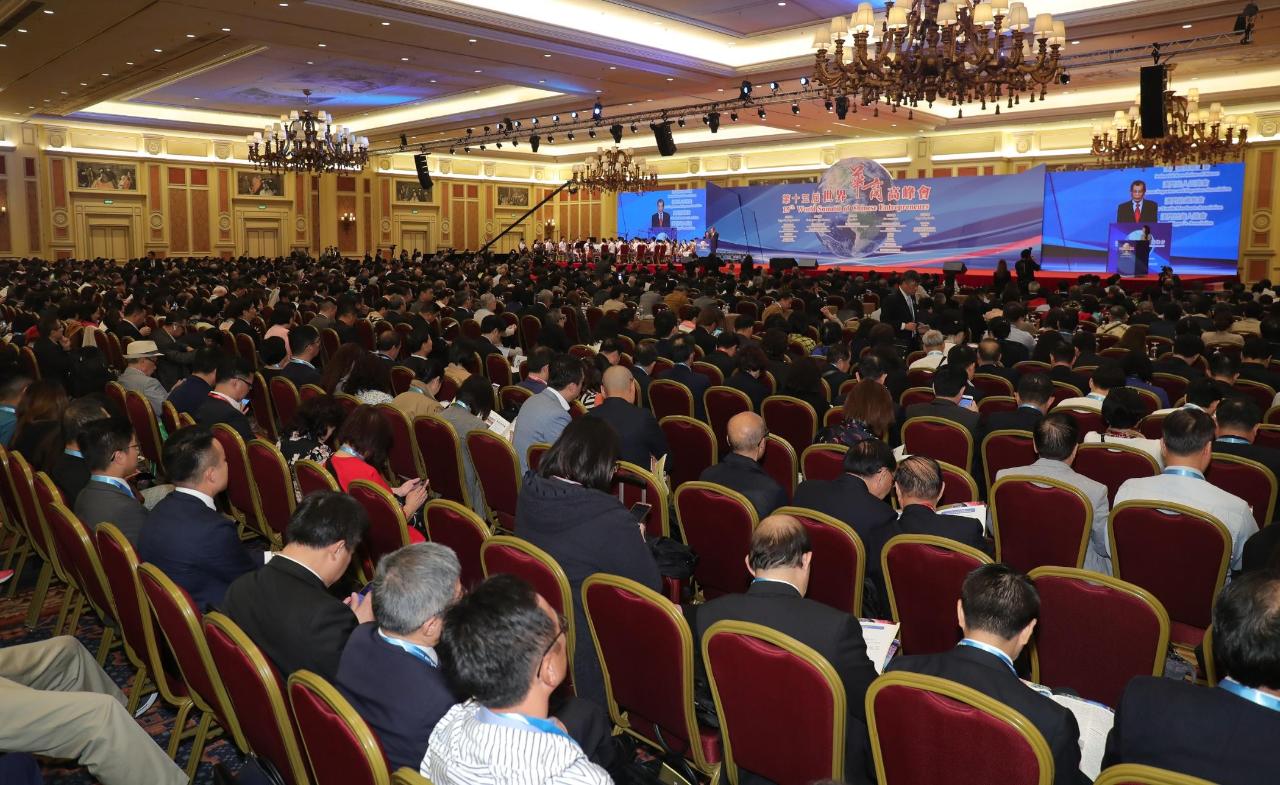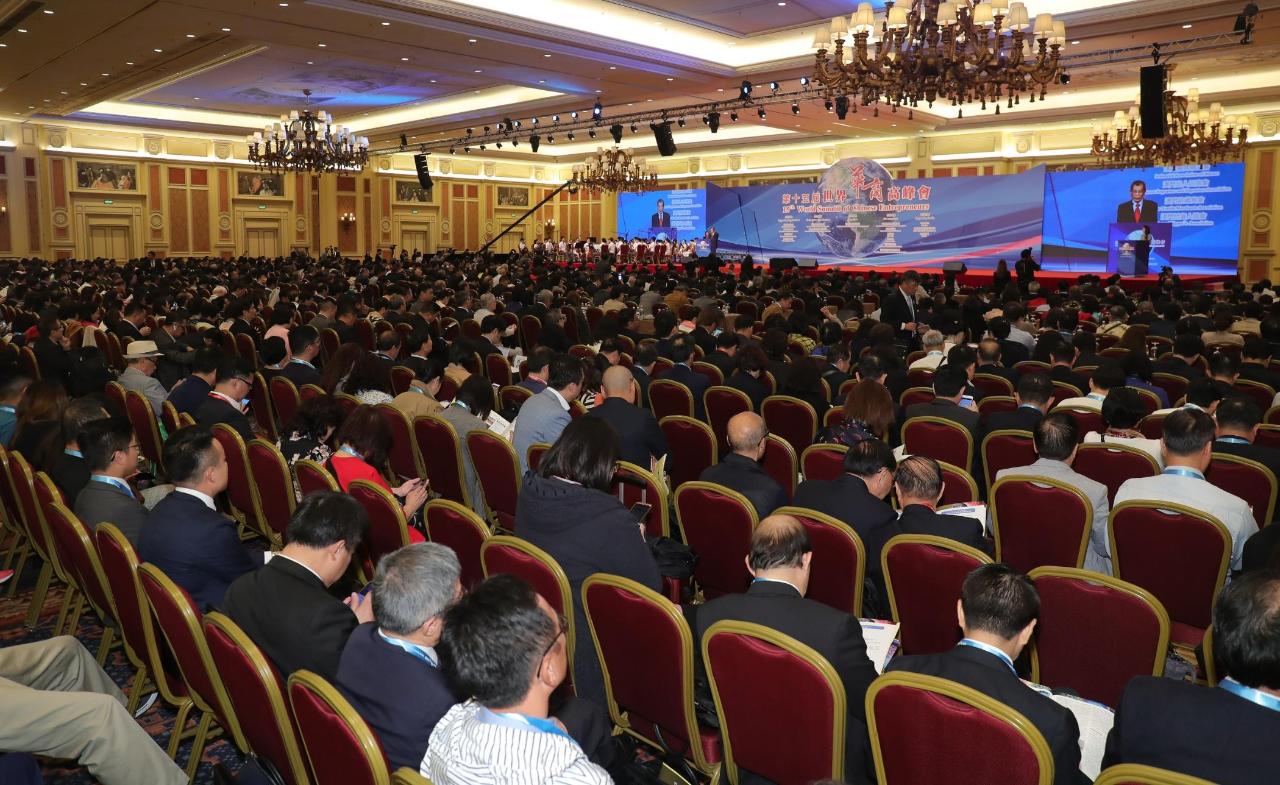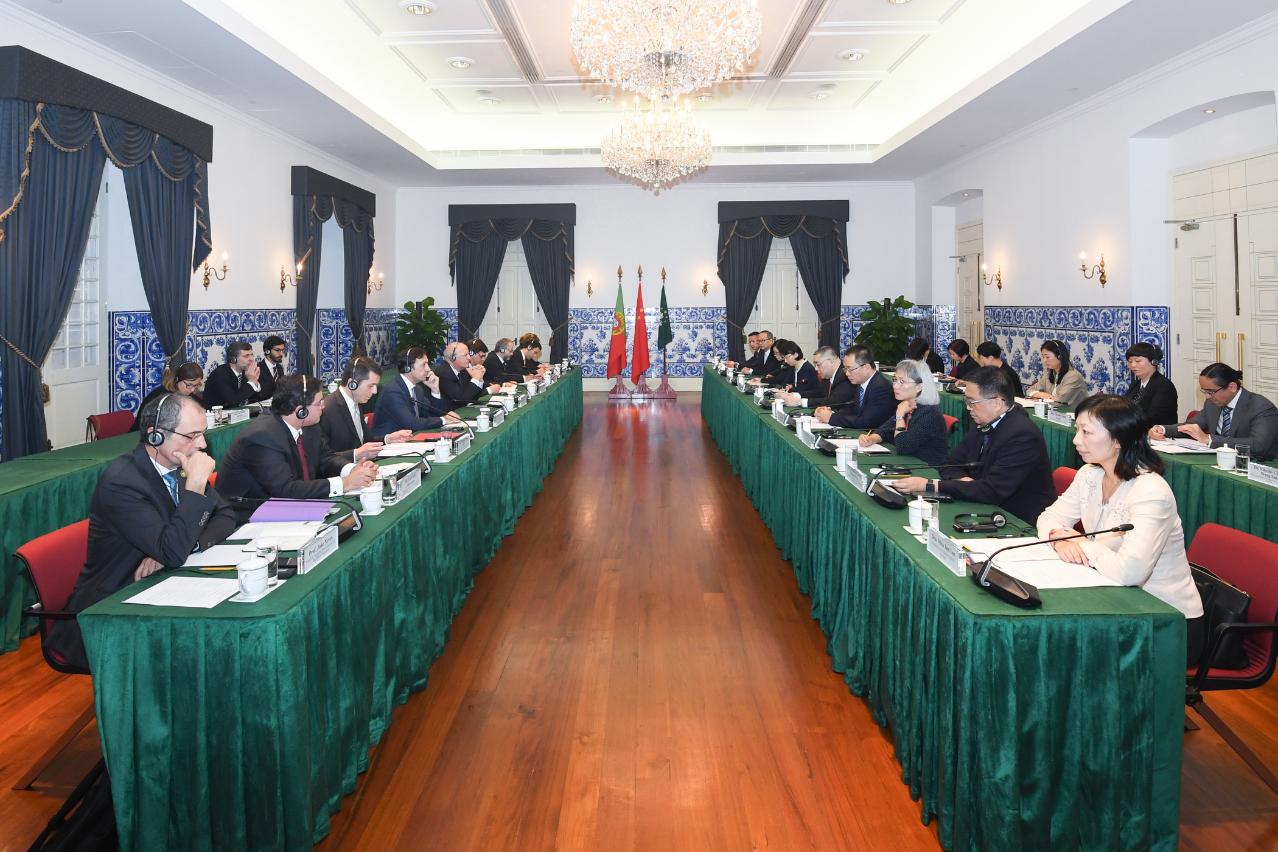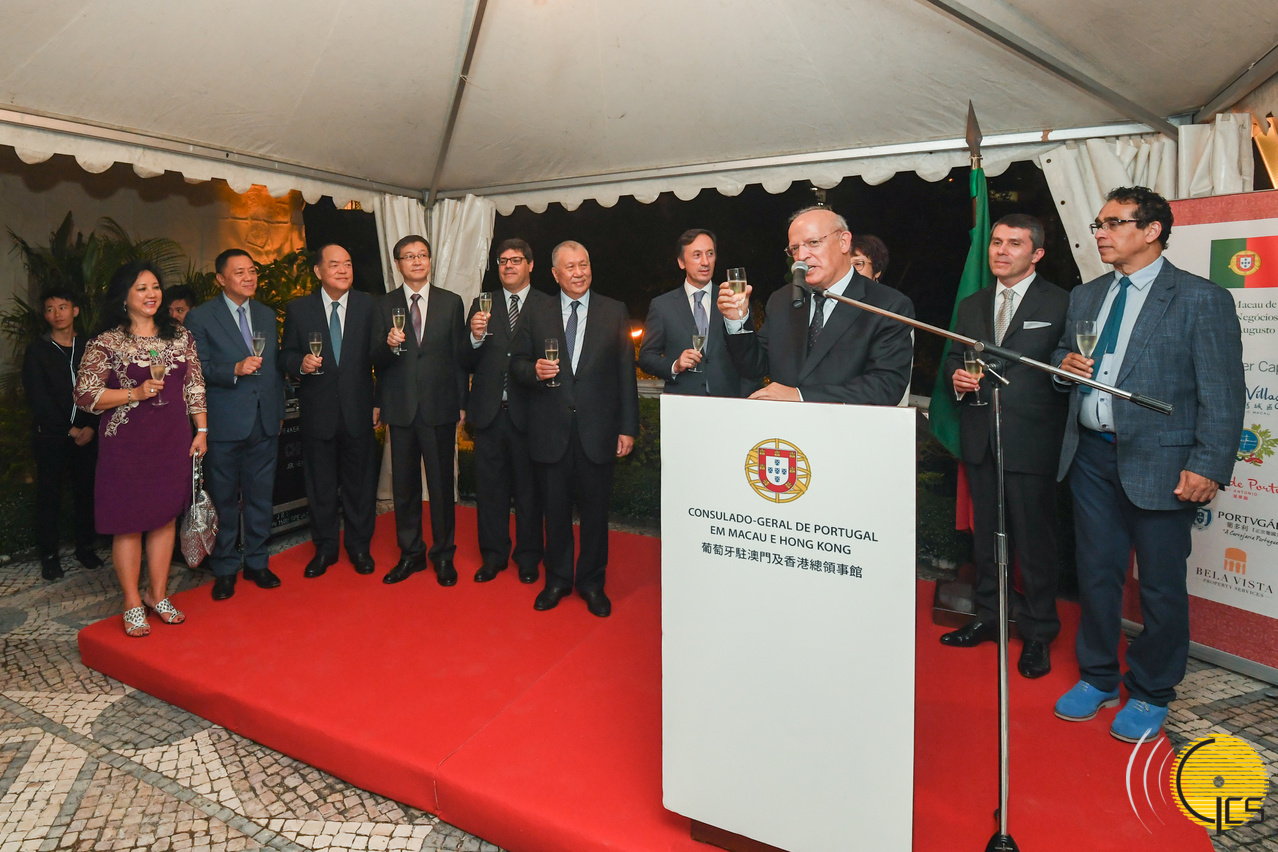Macao SAR Government Portal
News
Diverse Exhibition with Lively Atmosphere
The “23rd Macao International Trade and Investment Fair (23rd MIF)” and the “2018 Portuguese-speaking Countries Products and Services Exhibition (Macau)” (2018 PLPEX) is geared towards international development trends this year, adding a number ofnew exhibition areas, helping enterprises to publicise theadvantages of their products and services, tapping new markets and fostering a pro-business environment.
…
Diversified Contents Yield Satisfying Results
The 23rd Macao International Trade and Investment Fair (23rd MIF) and the 2018 Portuguese Speaking Countries Products and Services Exhibition (Macao) (2018 PLPEX) were successfully concluded today (20 Oct). The two exhibitions held concurrently have created a superimposed effect and established a cross-industry platform for exhibitors and merchants, many of whom reported fruitful results.
…
Characteristic Mozambique and Fujian Theme Pavilions — Building Platforms to Attract Global Merchants
The 23rd Macao International Trade and Investment Fair (23rd MIF) has invited Mozambique and Fujian Province as its "Partner Country" and "Partner Province" to set up theme pavilions to showcase their respective advantages, attracting a number of international businesspeople to take a closer look and approach the exhibitors about collaboration.
…
The 23rd MIF and the 2018 PLPEX successfully concludes Support Enterprises to Expand the Business Environment
The “23rd Macao International Trade and Investment Fair” (23rd MIF) and the “2018 Portuguese Speaking Countries Products and Services Exhibition (Macao)” (2018 PLPEX) concluded with great success today (20 October). During the three-day events, a total of 75 agreements were signed in the Signing Centre, covering co-operation between governments and associations, MICE, cross-border e-commerce, tourism, cultural and creative industries, environmental protection technologies, talent development, research into healthcare big data, and product manufacturing, promotion and agency. In addition, over 400 matching sessions were held in the Business Matching Area.
…
Diverse Array of Activities Create Opportunities for Economic and Trade Co-operation
A diverse array of professional conferences, forums and promotion seminars were held today (on 19 October) during the “23rd Macao International Trade and Investment Fair” (23rd MIF) and the “2018 Portuguese Speaking Countries Products and Services Exhibition (Macao)” (2018 PLPEX), attracting representatives from enterprises, government agencies, academic communities and research institutes to exchange and share their insights. On the second day of the 23rd MIF and the 2018 PLPEX, a total of 218 matching sessions were held in the Business Matching Area and a total of 9 agreements were signed in the Signing Centre.
…
Diverse Array of Activities Create Opportunities for Economic and Trade Co-operation
A diverse array of professional conferences, forums and promotion seminars were held today (on 19 October) during the “23rd Macao International Trade and Investment Fair” (23rd MIF) and the “2018 Portuguese Speaking Countries Products and Services Exhibition (Macao)” (2018 PLPEX), attracting representatives from enterprises, government agencies, academic communities and research institutes to exchange and share their insights. On the second day of the 23rd MIF and the 2018 PLPEX, a total of 218 matching sessions were held in the Business Matching Area and a total of 9 agreements were signed in the Signing Centre.
…
CE stresses Macao bridging roles in serving China-Portugal ties
The Government pays great attention to advancing closer Macao-Portugal ties, helping the city to play its strategic role in linking China and Portugal.
…
“Style‧Encounter Moment” Fashion Parade showcases local fashion designers’ latest achievements
Organized by the Cultural Affairs Bureau of Macao (IC) and co-organized by the Macau Productivity and Technology Transfer Center (CPTTM), “Style‧Encounter Moment” – The 5th Fashion Parade of Subsidy Programme for Fashion Design on Sample Making, was held on Saturday, 20 October, at 2:30pm, at the MacaoFashion Festival (MFF) 2018, in the Florence ballroom of The Venetian Macao.
…


